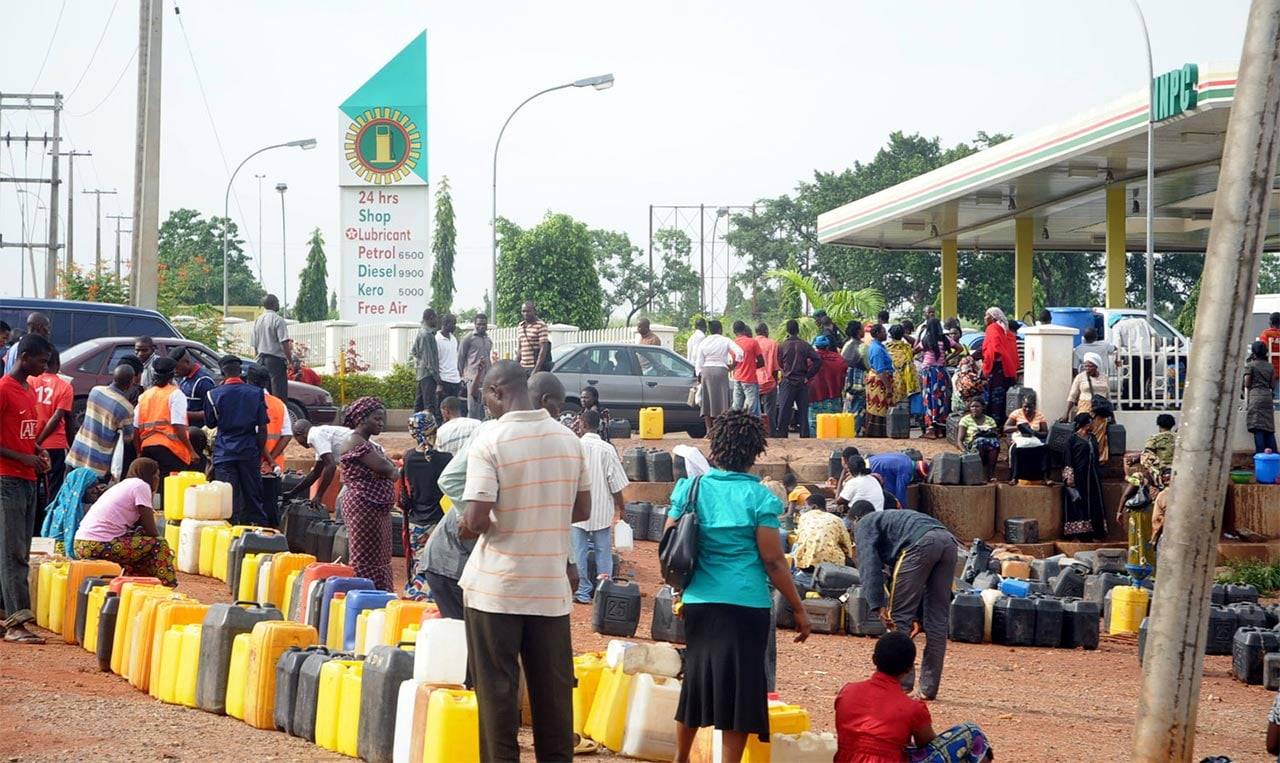Aliko Dangote, the President and Chief Executive of Dangote Petroleum Refinery, has announced that Nigeria’s long-standing issue with fuel queues has finally come to an end, marking a significant milestone since the refinery started producing petrol a year ago. At a conference celebrating the first anniversary of the refinery's petrol launch, Dangote pointed out that the nation has faced persistent fuel shortages since 1975. "Today, we are moving into a new chapter," he stated, highlighting the improvements made since the refinery began operations on September 3, 2024.
Despite the various hurdles encountered, Dangote highlighted the company’s steadfast dedication to Nigeria and Africa. "The road hasn’t been smooth as we aimed to revolutionize the downstream sector in Nigeria. Some people thought we were taking food off their tables, but that couldn't be further from the truth. Our goal has always been to elevate our country and continent. Just two African nations used to avoid petrol imports, but sadly, they have reverted to importing, which harms Africa as a whole,” he explained.
Reflecting on the difficulties during the refinery’s establishment, Dangote revealed the substantial risks involved. He faced continuous warnings from industry experts, investors, and both local and international officials, who argued that only sovereign nations typically engage in such large refinery projects. He admitted that if the venture had failed, he would have lost everything to creditors. "Building the refinery was a tough decision. A failure would have meant losing our assets. But we had faith in Nigeria and Africa," he remarked.
In spite of the challenges and economic obstacles, the refinery has successfully lowered petrol prices from nearly N1,100 at the start of production to N841 in areas like the Southwest, Abuja, Delta, Rivers, Edo, and Kwara. With the gradual introduction of CNG-powered trucks, Dangote expects this price drop to resonate across the country. He emphasized that the refinery has the capacity to fulfill Nigeria’s domestic needs while also generating foreign exchange through exports. He shared that between June and early September 2025, the facility exported over 1.1 billion litres of Premium Motor Spirit (PMS), highlighting its ability to meet local demand and significantly contribute to foreign exchange earnings.
"We are not replacing jobs; we are creating many more opportunities. Our CNG trucks won’t be run by machines. Our employees earn three times the minimum wage, and our drivers receive a living salary, along with life and health insurance for themselves, their spouses, and up to four children. We also provide lifelong pensions. We’re hiring not only drivers but also mechanics, fleet managers, and other professionals to support the CNG operations," Dangote clarified.
He also noted that while the company values trade unions, joining is ultimately a personal choice for each driver. Dangote reaffirmed his dedication to the industrial growth of Nigeria, calling it crucial for the development of the continent. He stressed the need for Nigeria to safeguard its local industries and prevent the influx of cheap foreign goods, citing the decline of the once-vibrant textile industry as a warning against complacency.




No comments yet
Be the first to share your thoughts!